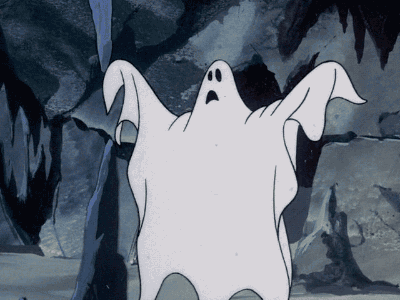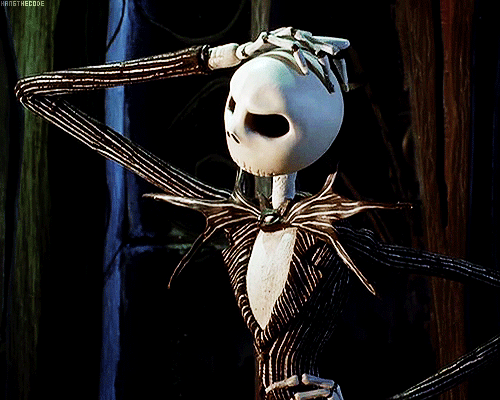The Spooky Words and Phrases of Halloween Language
Halloween is upon us! And though our thoughts might be turned more to pumpkin carving and how much candy we can stuff in our faces, there are other Halloween traditions to observe as well! Halloween has been part of our culture for as long as we and most of our living relatives remember. Though our long-past relatives might have a thing or two to say about it as well, given that Halloween is thought to date back to Celtic times!
And what comes with tradition, and heritage? Language, of course! Here are some of the words and phrases associated with our favourite spooky time of year.
→Sign Up Now: Free Trial English Lesson With a Native Speaker Teacher!←
ESL Armoury
If you are an ESL teacher or student, this is the time of year you are guaranteed to get a specific list of vocabulary to learn or teach. Creepy, cobweb, and crypt, are likely to appear on that list, along with broomstick, fangs, and lantern as well. You’ll learn a new meaning of mummy, and a synonym for ghost with phantom. Have fun with the intonation and stress placement of repulsion and skeleton, and maybe go off on a tangent speaking about your favourite show as well.

Photo via Giphy
Historic
Because some of our favourite Halloweens have a long history to go with them, as well as numerous changes of use. For example, to haunt used to mean to visit somewhere often or continually seek the company of, instead of how we use it today, to be bothered by spectral visitors we do not wish to see!
Ghost used to mean vital spark or the seat of life or intelligence instead of those spectral visitors. Wraith refers to an exact likeness of a living person seen as a foreshadowing of their death, which is spooky enough in itself.
The act of trick or treating has had numerous name changes as well, even if this is thought of as a recent Halloween development! Back in the 19th century, children might go souling (in England) or guising (in Scotland), where they would put on small performances when going door to door for sweet treats.
Borrowed Words
Since English is a thief of a language, some of our Halloween words come from other tongues!
Ghoul is a word borrowed from Arabic since the 1700s for its proximity to the word ghost, and originally for us meant a legendary evil being that robbed graves and fed on corpses. But in Arabic, this word came from the verb meant only to seize.
Specter comes from the French spectre, which in turn derives directly from the Latin word specere. This means to look, which distinguishes a spectre from a regular ghost only by meaning a ghost that is seen, and not just imagined or heard.

Photo via Giphy
Eldritch and Other Oddities
The world eldritch itself probably doesn’t get used enough! Who wouldn’t want to refer to something as an eldritch scream to describe a yell that sinister or ghostly? Though did you know this word is actually a Scottish word, often used in Scottish poetry and literature to define odd and otherworldly sounds? Did you also know, that the word Halloween, short for All Hallows Eve, actually originated in Scotland? We bet you didn’t!
There are some amazing eldritch-style Scots words that have long been associated with Halloween. Baneshanks in place of Grim Reaper, tattiebogle instead of scarecrow, and brounie for an all-round house spirit. So this Halloween, if you visit the burrial grund (cemetery) or deidhoose (mortuary) looking for harnpans (skulls), think of all the Scots folk before you with their lantrens (lanterns) out on Hallaeen (Halloween), listening out for eldritch sounds and giving themselves a fright!

Photo via Giphy
Cabbages and Gooses
Because apparently, one night of mischievous fun is never enough, October 30th has also become associated with an eve of terror as well, from teenagers! This is known as Mischief Night, Goosey Night, Devil’s Night, Gate Night, or even Cabbage Night depending on where you are in the world.
Traditionally this is touted as mild vandalism, though that again depends on the participants! Everything from egging houses to decorating trees with toilet paper could be possible, though in some places within the north of England police have often become involved when this mild vandalism has gotten out of hand. Is that a tradition you want to take from us as well, America?
→Sign Up Now: Free Trial English Lesson With a Native Speaker Teacher!←
However you spend your Halloween, we hope it’s a good one!
Editor’s note: Originally published on October 1, 2018. Updated on October 4, 2021.
